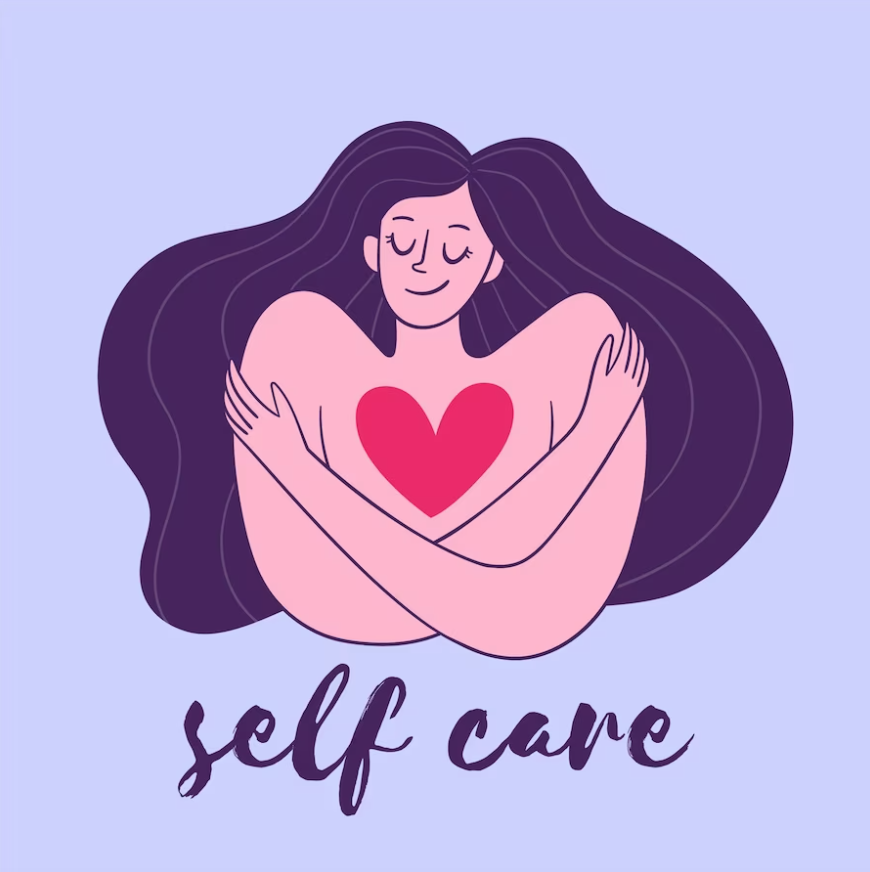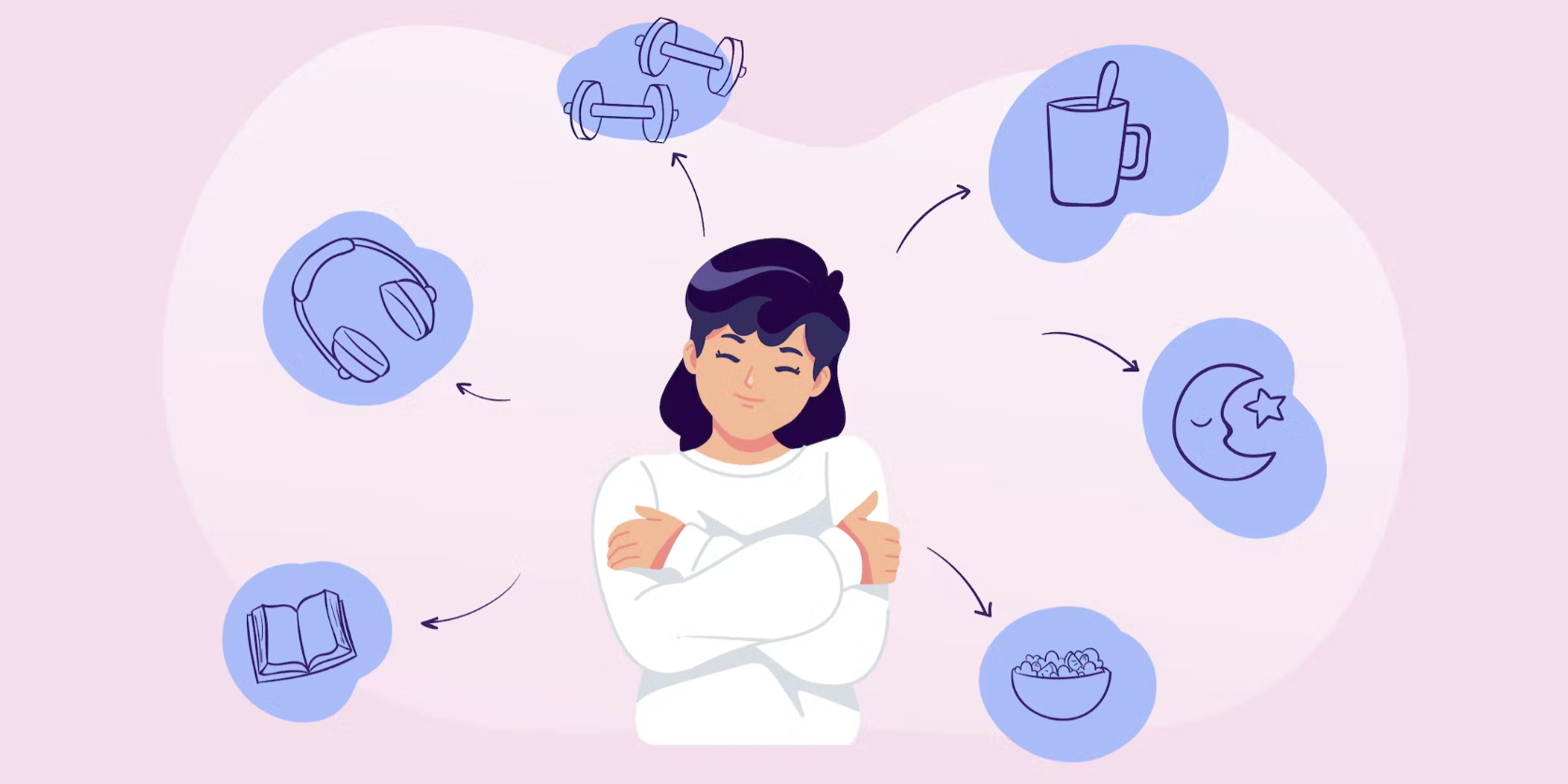Lately, there have been a lot of traumatic events in the news that are difficult to process. Our hearts are with all the affected communities during these challenging times. As we live in the age of social media, these events are reported directly to us faster and more frequently than ever before. While it is important to stay educated and informed, it is equally important to protect your mental health and well-being when being exposed to traumatic content. Here are some tips on how to handle difficult topics in the news while also prioritizing your mental health.
Feel Your Feelings
It is normal for these events to trigger a range of emotions. Whether it’s sadness, anger, fear, or a mix of emotions, it’s important to allow yourself to feel what you are feeling without judgment. Suppressing or denying your feelings can have an adverse effect and be detrimental to your mental health and can prolong the healing process.
Take a Break from the News
It’s also important to take a break from the news. Constant exposure to traumatic events in the media can be overstimulating. Set appropriate boundaries around how much news you consume each day to avoid becoming overwhelmed by the information. This can help you feel more in control of your mental health and reduce triggering emotions.
Practice Self-Care

Proper self-care is always crucial when it comes to managing your mental health but especially during difficult times. Taking care of yourself on every level can help you release stress and reduce symptoms of trauma. This can include things like getting some exercise, healthy eating and hydration, maintaining enough sleep, spending time in nature, or engaging in activities that bring you joy.
Tips From the Flawless Team
Here are some tips from the Flawless team on how they regulate their nervous systems during challenging times.
Janine – I take a candle-lit bath with some sort of aromatherapy oil.
Jasmine – I go on a walk in nature with my golden retriever puppy. Spending time in nature has been linked to many brain health benefits, including improved attention, lower stress, better mood, and increased levels of empathy.
Jason – I like to listen to soothing music while stretching. Music has been known to help you feel your feelings, lower stress, and build your brain’s capacity and connections.
Tre – I enjoy staying physically active by lifting weights. Being physically active is good for more than just your body. It also helps to decrease stress, decrease mental fatigue, and provide more mental focus.
TJ – It is important to reflect on how grateful I am to have the things that I do. I also enjoy calling my friends and family I haven’t spoken to in a while.
Abby – For me, I enjoy spending time with my close friends and family and talking openly about what is really going on for me.
Avoid Toxic Positivity
Toxic positivity is the idea that we should always be positive, even in the face of challenging circumstances. While it’s important to maintain a positive outlook, it’s also important to allow yourself to feel your emotions and process them. Avoiding toxic positivity is important for your well-being and allows you to feel what you need to feel. Our Advisory Board Member, Dr. Marc Brackett always says, “Feel it to heal it.”
Take Action
We often feel paralyzed feeling like change is not happening fast enough. There is great benefit in getting involved to help. Whether that is signing petitions for change, volunteering your time in the community, advocating for more mental health resources, or making a donation to organizations that support the causes that are important to you. There is a range of ways that you can take action, and no impact is too small.
Seek Support

Finally, if you’re struggling to cope with traumatic events in the news, don’t be afraid to seek support. This can include reaching out to friends or family members, talking to a mental health professional, or connecting with a support group. Reaching out can help you feel less alone and provide you with tools and resources to manage your mental health. Here are some of the impactful resources:
NAMI – The National Alliance on Mental Illness is a mental health organization dedicated to building better lives for the millions of Americans affected by mental health challenges. They work to create a world where all people affected by mental health challenges live healthy, fulfilling lives supported by a community that cares.
National Crisis Lifeline – If you are experiencing a crisis, do not hesitate to contact the National Crisis Lifeline. A free service that is available 24/7 by texting or calling 988.
SAMHSA Disaster Distress Helpline – Dialing 1-800-985-5990 gets you in contact with a 24/7, 365-day-a-year, national hotline dedicated to providing immediate crisis counseling for people who are experiencing emotional distress related to any natural or human-caused disaster. You can also contact them via text by messaging “TalkWithUs” to 66746 or “Hablanos” for Spanish-preferred speakers.
The Child Mind Institute offers great tips for parents. Follow these 8 tips to help navigate difficult news with your children.
Trauma Specialist, Hala Khouri offers trauma-informed and trauma-sensitive yoga trainings. Learn more about these teachings here as she has Parenting and Caregiving trainings starting May 23rd.
Traumatic events in the media can have a significant impact on our mental health. By acknowledging our feelings, taking breaks from the news, practicing self-care, avoiding toxic positivity, taking action, and seeking support, we can prioritize our mental health and cope with these experiences in a healthy and productive way. We want to remind you that your mental health IS health and take care of yourself. And always remember… #YouAreFlawless.







